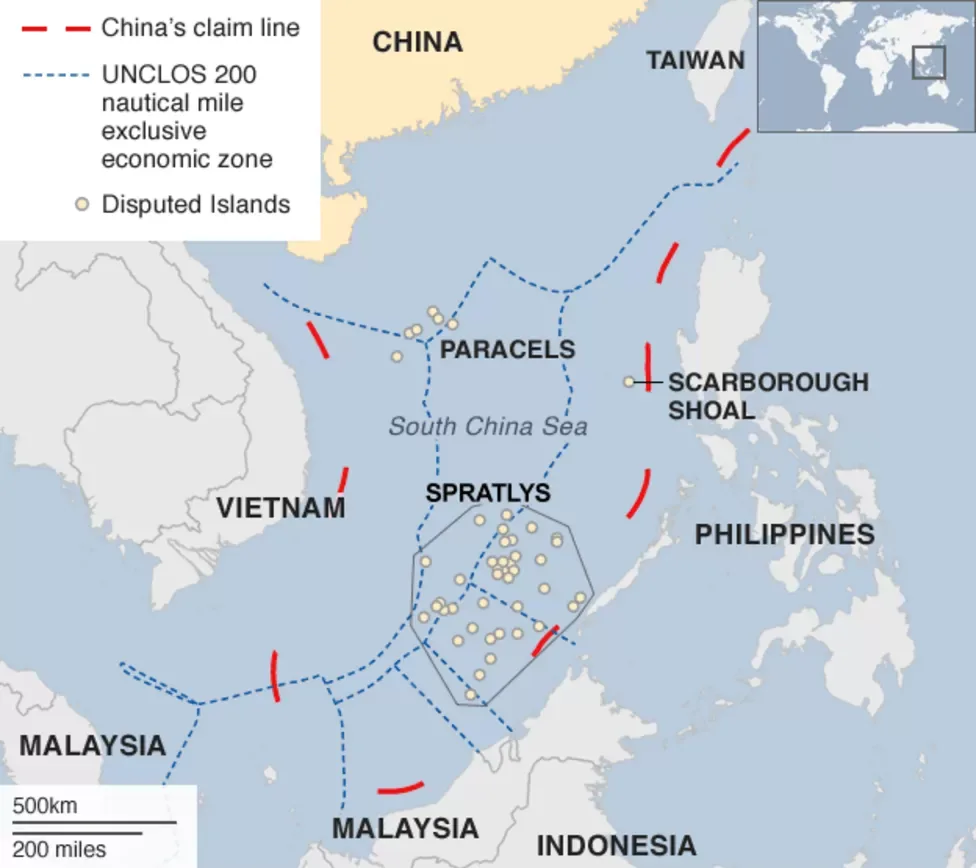
The Vietnamese government has ordered the withdrawal of a new “Barbie” movie from cinemas, citing a “serious violation” of the country’s sovereignty.
The movie, “Barbie: Big City, Big Dreams,” features a scene where the main character, Barbie, looks at a map of China that includes the disputed South China Sea as part of its territory. Vietnam and several other countries in the region claim parts of the sea and rejects China’s claims.
The movie, which was released on June 23, has sparked outrage among Vietnamese social media users, who accused the filmmakers of endorsing China’s “nine-dash line” policy.
The policy is a vague demarcation that China uses to claim most of the South China Sea, including islands, reefs and waters that are also claimed by Vietnam, the Philippines, Malaysia, Brunei and Taiwan.
The United Nations has rejected the validity of the nine-dash line, and an international tribunal ruled in 2016 that it had no legal basis.
The Vietnamese Ministry of Culture, Sports and Tourism said in a statement on Monday that it had ordered the distributor of the movie, Lotte Entertainment Vietnam, to stop screening it and to recall all copies. It also said it would impose administrative sanctions on the company for violating the law on cinema management.
The ministry said it had received many complaints from the public about the movie’s content, which “seriously infringes upon Vietnam’s sovereignty over its sea and islands”.
The ministry also urged all filmmakers and distributors to be more careful and responsible when producing and releasing movies involving sensitive national sovereignty and territorial integrity issues. It said it would strengthen its inspection and supervision of imported movies to prevent similar incidents from happening again.
The Barbie movie is not the first foreign film to face a ban in Vietnam over the South China Sea issue. In 2019, Vietnam pulled the animated film Abominable from cinemas after it showed a similar map of China with the nine-dash line.
The film was a co-production between DreamWorks Animation and China’s Pearl Studio. In 2017, Vietnam also banned the Chinese action movie Wolf Warrior 2, which featured scenes of Chinese soldiers fighting in Africa and the South China Sea.
Catch more celebrity scoops, TV drama, and movie updates in our Entertainment section.
From red carpets to streaming originals, PanAsiaBiz keeps you in the loop.

